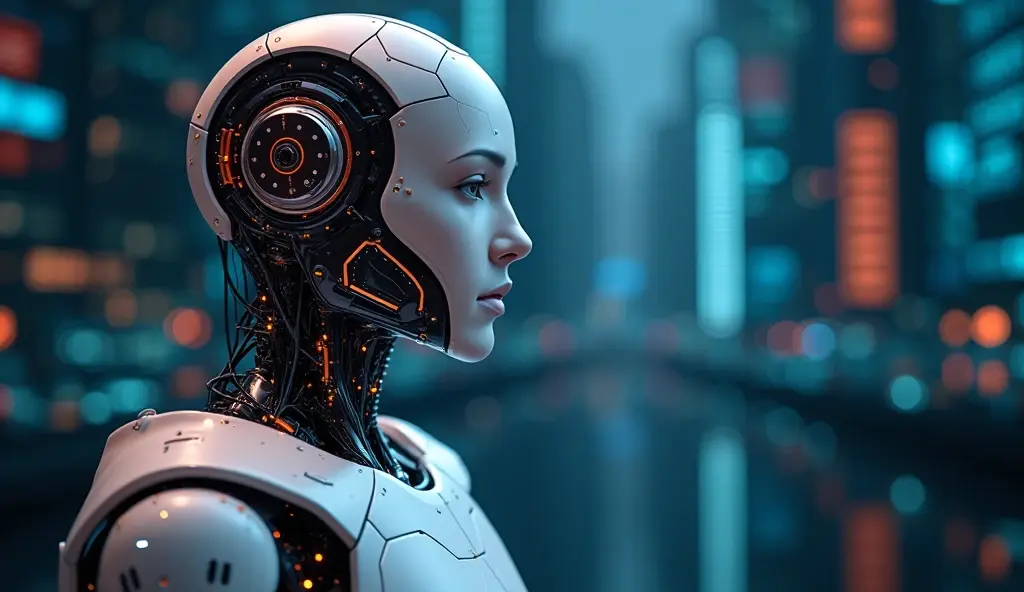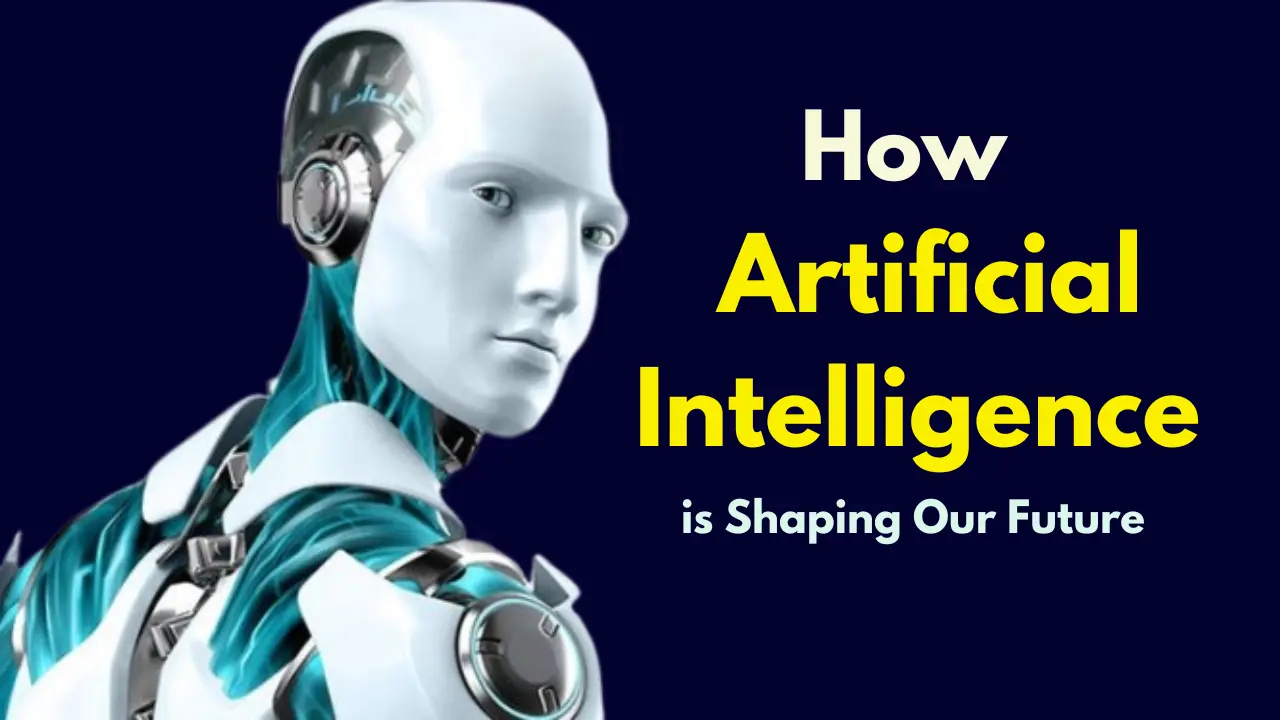How Artificial Intelligence is Shaping Our Future
Artificial Intelligence (AI) is not just a buzzword; it is a transformative force that is profoundly reshaping various aspects of our lives and society. From healthcare and education to entertainment and finance, AI’s influence is becoming increasingly evident, offering a glimpse into a future filled with possibilities and challenges. This article explores how artificial intelligence is shaping our future, its potential impacts, and the opportunities it creates.
How to Make Money with AI Freelance Work
The Role of AI in Healthcare
One of the most significant ways AI is shaping our future is through advancements in healthcare. AI-powered tools are revolutionizing diagnostics, enabling doctors to detect diseases like cancer and heart conditions earlier and more accurately. Machine learning algorithms analyze vast amounts of medical data to identify patterns that humans might miss, leading to personalized treatment plans and improved patient outcomes.
Moreover, AI-driven robotics are assisting in surgeries, ensuring precision and reducing recovery times. Virtual health assistants, powered by AI, provide patients with 24/7 support, addressing their queries and guiding them through recovery processes. This integration of AI into healthcare not only enhances the quality of care but also makes it more accessible to underserved populations.

Transforming Education
AI is playing a pivotal role in reshaping education. Adaptive learning platforms use AI algorithms to personalize educational content based on a student’s strengths and weaknesses. This tailored approach ensures that every student progresses at their own pace, fostering a deeper understanding of the subject matter.
Furthermore, AI-powered tools like automated grading systems save educators time, allowing them to focus more on teaching and less on administrative tasks. Virtual tutors and chatbots are also becoming commonplace, providing students with immediate assistance and making learning more engaging and interactive. These advancements demonstrate how artificial intelligence is shaping our future by creating more inclusive and efficient educational systems.
Revolutionizing Business and Workplaces
The integration of AI in business is another area where its impact is undeniable. Companies leverage AI for predictive analytics, customer relationship management, and process automation. By analyzing consumer behavior, businesses can anticipate needs and deliver personalized experiences, enhancing customer satisfaction.
AI is also transforming workplaces. Intelligent automation reduces repetitive tasks, allowing employees to focus on more creative and strategic roles. For instance, AI-driven project management tools streamline workflows and improve productivity. However, this shift raises concerns about job displacement and the need for upskilling workers to adapt to AI-driven environments.
Top Side Hustles for Quick Extra Cash
Enhancing Entertainment and Media
AI has made significant strides in the entertainment industry. Streaming platforms use AI algorithms to analyze viewing habits and recommend content tailored to individual preferences. This personalized approach has redefined how we consume media, making it more enjoyable and engaging.
Additionally, AI is being used to create content. From generating scripts to composing music, AI-driven tools are assisting creators in pushing the boundaries of storytelling. Virtual reality (VR) and augmented reality (AR), powered by AI, are further enhancing the immersive experiences in gaming and movies, offering audiences unprecedented levels of interaction.
Addressing Global Challenges
AI’s potential to tackle global challenges cannot be overstated. Climate change, for example, is a critical issue that AI is helping address. Predictive models powered by AI analyze climate data to forecast changes and suggest mitigation strategies. AI-driven technologies also optimize energy usage and reduce waste, contributing to sustainable development.
In agriculture, AI is being used to monitor crop health, predict yields, and automate harvesting processes. These innovations are crucial in ensuring food security for a growing global population. Similarly, AI-powered systems are enhancing disaster response by analyzing real-time data to predict and mitigate the impact of natural disasters.
How to Make Money Flipping Houses
Ethical Considerations and Challenges
While the benefits of AI are immense, it also poses significant ethical and societal challenges. Issues such as data privacy, algorithmic bias, and the potential misuse of AI technologies require careful consideration. Establishing robust ethical guidelines and regulatory frameworks is essential to ensure that AI is used responsibly and equitably.
Another critical challenge is bridging the digital divide. As AI continues to advance, ensuring that its benefits are accessible to all—regardless of socio-economic status or geographical location—is imperative. Fostering global cooperation and investing in AI education and infrastructure will play a vital role in addressing these challenges.
The Road Ahead
The future of AI holds immense promise. As research and development continue to accelerate, we can expect even more groundbreaking innovations that will reshape industries and improve lives. However, realizing the full potential of AI requires a collective effort from governments, businesses, and individuals to address its challenges and ensure its benefits are distributed equitably.
In conclusion, how artificial intelligence is shaping our future is a story of innovation, opportunity, and responsibility. By harnessing the power of AI thoughtfully and inclusively, we can create a future that is not only technologically advanced but also socially equitable and sustainable.
Read More Can AI Align With Human Moral Values

